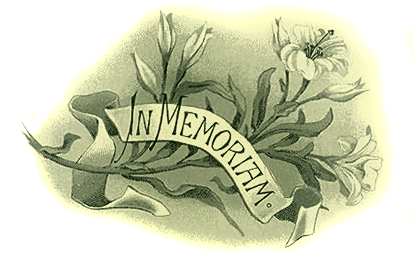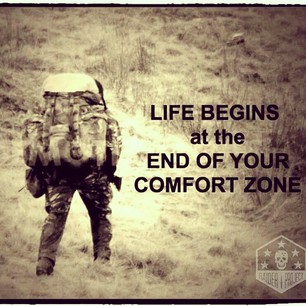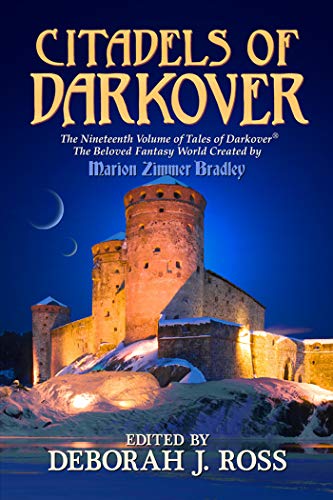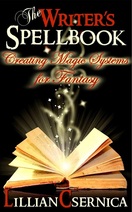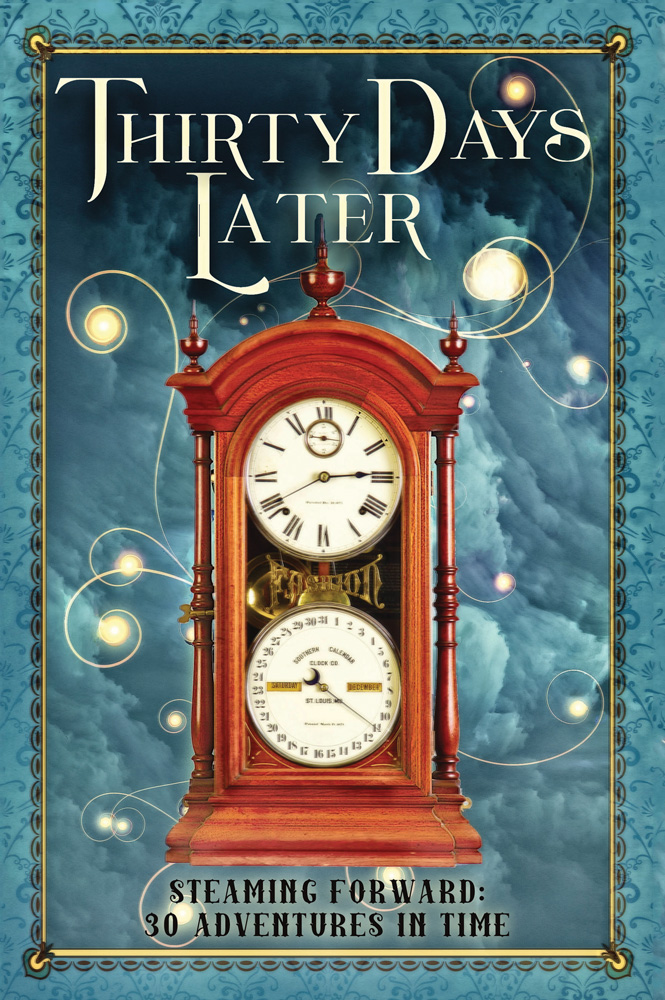by Lillian Csernica on July 23, 2014
Anybody who has survived his childhood has enough information about life to last him the rest of his days.
— Flannery O’Connor
You don’t have to be writing a memoir to take a look at your own life and see what might be useful in your stories. We’re supposed to write what we know, right? Who could possibly tell the stories we’ve lived through better than we can? Let me offer a few highlights from my own adventures.
1. I’ve been dead. Yes, that’s right, D-E-A-D. On August 29, 1987 I died in a car accident on Interstate 5 heading north. I was driving my boss’ station wagon from Long Beach, CA to Black Point in Novato, CA, former site of the Northern Renaissance Faire. The two right tires blew within seconds of each other. The car went out of control and rolled two and half times, coming to rest on the roof. My body was found on I-5 South, across a forty-five foot culvert. Who found me? A LVN and an Air Force Paramedic. What they were doing driving south on I-5 in the middle of the night, I have no idea. They called it in and tried to get an Air Ambulance, but the nearest ones were still too far away. An ambulance from Bakersfield, CA came out, the paramedics scraped me up off the highway, and took me to Kaiser in Bakersfield. I regained consciousness three days later in the ICU. Do I remember being dead? Yes I do.
2. When I was in kindergarten, I was chosen to play Santa Claus because I was already taller than everybody else in my class with the exception of the teacher. This was my first appearance on stage, and I liked it. Costumes, theatrics, the performing arts, and Christmas have all played central roles in many of my more noteworthy adventures. I trace it all back to cross-dressing as Kris Kringle when I was just six years old.
3. I was in high school when my best friend Andrew decided somebody deserved his wrath in the form of toilet-papering his or her house. I’d never done this particular prank before, so I was all for it. That was my first mistake. Neither of us had a car, so we contrived an elaborate plan that involved the two of us going to the movies and getting a ride from my mother. We were within walking distance of our target. How we got our hands on all the toilet paper we needed I can’t quite recall. I remember walking out of a grocery store with my arms full of the big multi-roll packages. I trusted Andrew to get us to our target. That was my second mistake. We had a high old time, festooning the trees and pitching rolls over the rooftop and draping the car in the driveway with much hygenic bunting. The occasional car would drive by, forcing us to dive behind the nearest hedge or bush or bumper. Now if we’d been really evil, we would have gone looking for the garden hose and soaked it all. That makes toilet paper almost impossible to clean up. We congratulated ourselves on a job well done and took off to meet our ride at the movie theater. The next day at school, the story about the toilet papering was the hot topic of the day. Everyone wanted to know who did it. Everyone also wanted to know why that particular house was chosen. Nobody who went to our school lived there. Andrew had missed his target by a good two blocks.
4. From age sixteen to eighteen, I studied Turkish-Moroccan bellydancing. My teacher was a wonderful lady from Saragossa, Spain. As I improved and occasionally taught a class for her, my teacher would take me with her on what were then called “belly grams.” These were singing telegrams, except of course they were delivered by belly dancers. One night near Christmas my teacher called me up out of the blue and asked if I could come with her on a party call. (Nobody with any sense ever goes on these jobs alone.) It was one of my father’s visitation weekends, so I was at his house, but it didn’t take long to get into my costume and jewelry. My teacher had been hired for a bachelor party in an extremely high class neighborhood. One piece of art on the walls there would have put me through college. There were about ten men there in the game room, which featured a wet bar, a pool table, and one of those cone-shaped gas fireplaces in the corner. It’s not easy to work a room when the best you can do is work your way around the pool table, but we had a good time. The guest of honor and his friends were good tippers, I’ll say that for them. At one point I was shimmying past a fellow who’d been holding a cold beer. He chose that moment to tuck some folded money down the back of my coin belt. I all but shot straight up to the ceiling! When our time was up, my teacher and I made a graceful exit. We heard later there were two more acts after us. Those guys really were generous. At home again, I was taking off my costume and money was spilling out all over the place. I do not want to tell you where I found the ten dollar bill!
5. The week I spent in Yokohama, Japan for the 2007 World Science Fiction Convention has supplied me with so many stories I could write a book with a story for every chapter. There was the wonderful security guard who helped me and my best friend find the post office where the international ATMs were kept. The reception held by the Science Fiction and Fantasy Writers of Japan was the most fabulous event I’ve ever attended, complete with the U.S. Ambassador from the Ministry of Trade and the Mayor of Yokohama. I met my friend Massimo there, the gentleman from Torino, Italy who edits ALIA and translates Japanese into Italian. I had a conversation in Japanese with a cat, who answered me. When we were trying to find the Yokohama Hard Rock Cafe, a nice young man offered to show us where it was once his mother came back. Sure enough, they led us all the way through the very extensive shopping mall to the very doorstep of the Cafe. I love Japan. I can’t wait to go back and see what further adventures await me.
So you see? What might seem like a trivial incident to you can become the basis for a story. I could take the Santa Claus moment and make it the reason my heroine feels safer when she’s inside a costume. The toilet paper incident could become a case of mistaken identity that snowballs into a horrible climax of payback. The bellydancing lends itself to all kinds of stories. Humor, romance, espionage, woman in danger, cultural exchange! All of those could also arise from my adventures in Japan.
Because I lived through all the above events, I know how it felt to wear the costumes, to live in fear of the police showing up, to trust my teacher to keep me safe in what could have become a dangerous situation. Japan was wonderful, but there were moments when I was lost, and no one around me understood a word I said. I walked into one restaurant and the waiter said, “No English.” I knew he meant more than just the language. That brings to mind the weekend bus tour I took to Paris when I spent the summer living in Holland. The tour guide we picked up in Paris didn’t like Americans. The Dutch ladies on the bus closed ranks around me and made it clear the tour guide had better mind her manners. The negative experiences might have more power than the positive ones. That’s up to each of us to decide.
We cannot approach our lives with a poverty mentality. Every day we’ve been alive has been full of sound and color and emotion and meaning. Look for the moments that stand out, for the memories still charged with emotion and intensity. Take that raw material and reshape it into the inciting incident, the problem situation, the change in the status quo that launches your main character on his or her struggle to solve the problem. Use those moments for complications, for crises, for climaxes. You will be surprised to learn how much you really do know.







